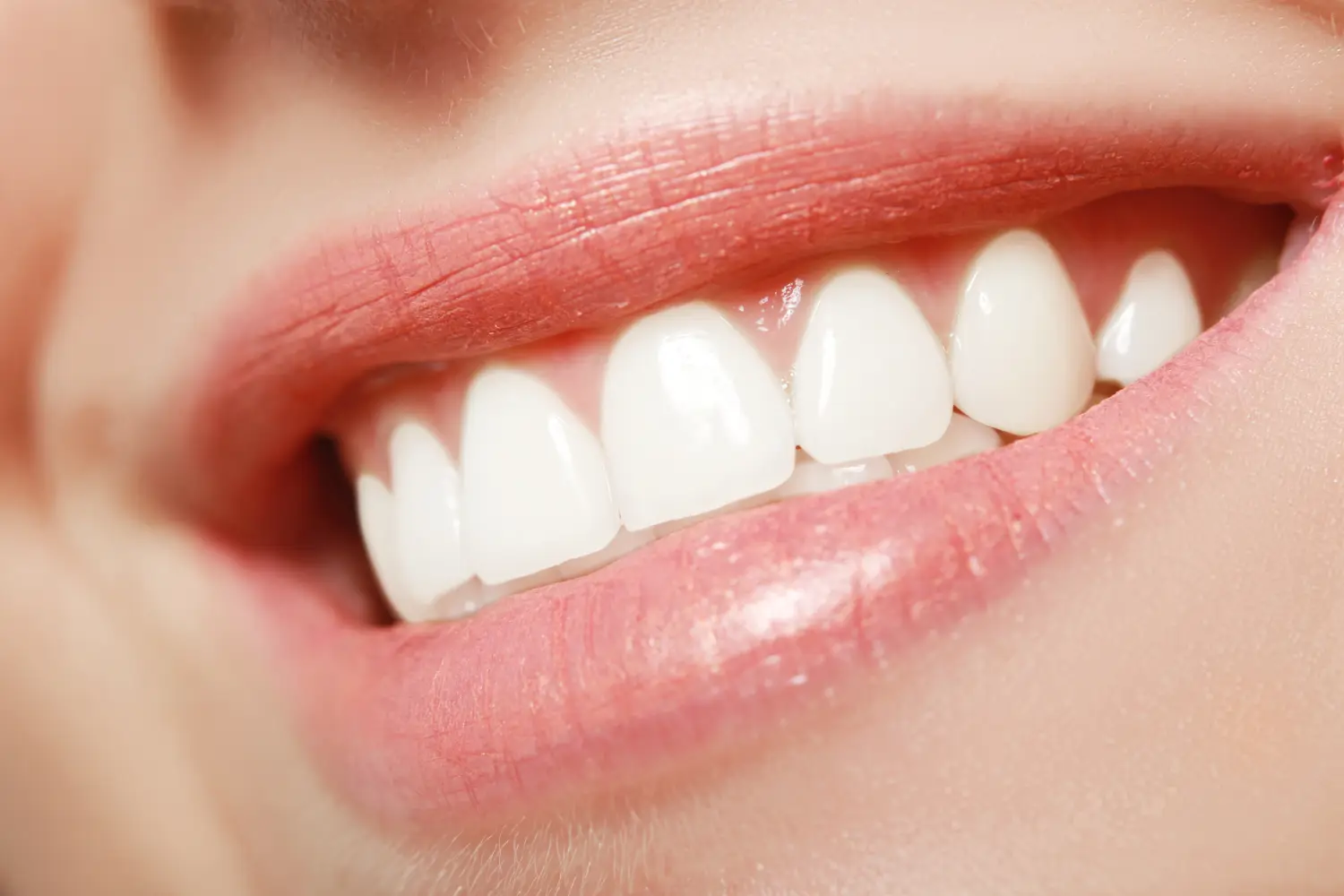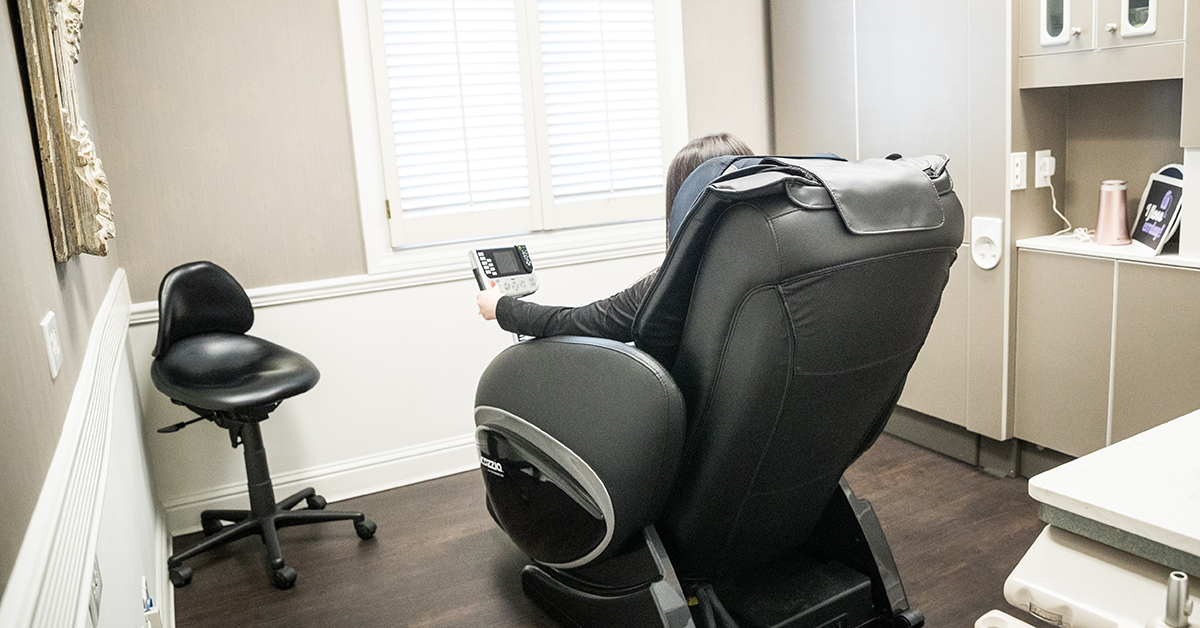
Personalized Dental Care You Can Trust
Uncover the Possibilities
Welcome to Cosmetic Dentistry of Napa
Cosmetic Dentistry of Napa, located in Napa, CA, operates as a locally owned dental practice offering a range of cosmetic and restorative dental services. We take pride in using the most advanced technology and materials to restore teeth to optimal condition, resulting in a more natural appearance.
Our services range from teeth cleanings and general dentistry to porcelain veneers, crowns, fillings, cosmetic bonding, smile makeovers, implant restoration, dentures, bridges, Botox, Invisalign, teeth whitening, and more.
Meet Your Dentist
Dr. Sasha Rozenberg
Dr. Sasha Rozenberg provides exceptional cosmetic and restorative dentistry in Napa, CA. Known for her gentle and compassionate approach, she works closely with each patient to create a personalized experience. Her passion for the artistry of dentistry is evident in the results she achieves.
Dr. Sasha believes high-quality dental care can improve a person's health, self-esteem, and confidence. Having spent years dedicated to rigorous training and education, she is prepared to help you attain your dream smile.

Featured Services

Cosmetic Dentistry

Restorative Dentistry

Invisalign

Putting Patients First
What Sets Us Apart
At Cosmetic Dentistry of Napa, we put our tools and expertise to work to help you maintain a beautiful, healthy smile. Everything we do, from the way we interact with you to the treatments we plan, is designed with your smile and overall well-being in mind. Your care is our greatest responsibility.
Advanced Technology
Modern dentistry is constantly evolving, and we are committed to ongoing education and advanced training, equipping us with an in-depth understanding of the latest research, techniques, and modern technology. This knowledge ensures that our patients receive the highest standard of care. Our patients can trust that the care provided is based on the best available information, leading to more informed, reliable, and successful treatment.
Network of Specialists
Cosmetic Dentistry of Napa values our strong professional relationships with other local dental and medical specialists to ensure we provide our patients with the care they need in the most current and effective manner. In addition, we partner with trust-accredited cosmetic labs to create our beautiful custom restorations. Together, our collaborative relationships provide the most effective and customized dental care from start to finish.
Compassion & Conservative
Compassionate and conservative dental care prioritizes patient comfort and minimal intervention. It emphasizes gentle, personalized treatments, preserving natural tooth structure whenever possible, and avoiding over-treatment and unnecessary procedures. Our approach focuses on patient needs, ensuring a caring, empathetic experience while enhancing the long-term well-being of our patients and the stability, success, and longevity of our treatment.
Read Our Reviews
See What Patients Are Saying
.webp)






.webp)






.svg)

